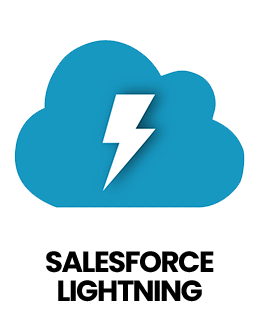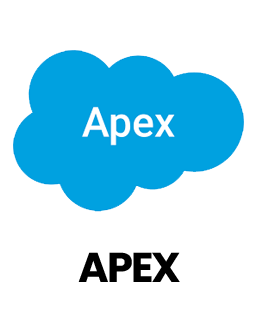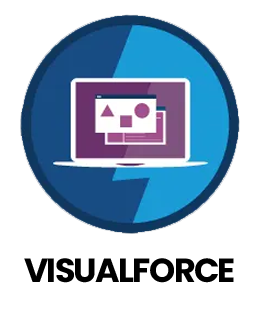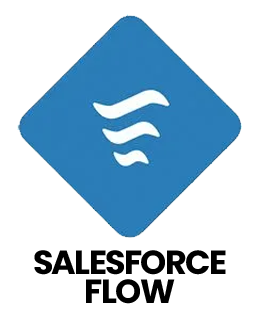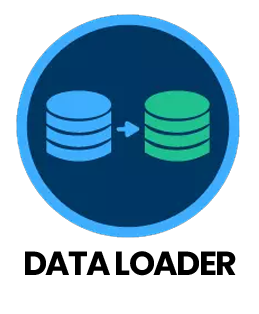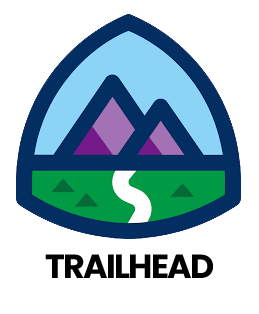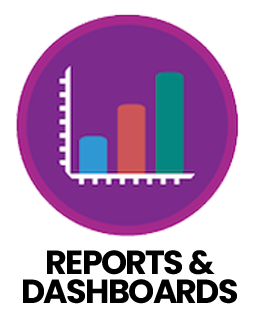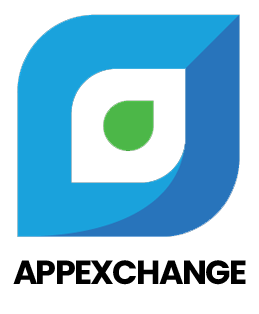1. How is a Salesforce Admin different from a Salesforce Developer?
Ans:
A Salesforce Administrator manages the platform without coding, handling tasks like user access, security, workflows, reports and dashboards. A Salesforce Developer, on the other hand, works with code using Apex, Visualforce and Lightning to create custom applications, integrations and features. Admins focus on day-to-day operations, while developers build advanced customizations to extend functionality.
2. How are feature deployment priorities set in Salesforce?
Ans:
Priorities are based on business objectives, user requirements and expected impact on efficiency. Input from stakeholders, current process evaluations and usage analytics help decide which updates or workflows should be rolled out first, ensuring smooth adoption and value creation.
3. What steps are followed when introducing a new Salesforce feature?
Ans:
The process begins with gathering business requirements and understanding user needs. The next steps involve designing data models, setting up security and building automation using Flow or Process Builder. If needed, developers create advanced customizations with Apex or Lightning. Features are then tested in a sandbox before being deployed to production, followed by user training for effective adoption.
4. How is Salesforce data kept both secure and accessible?
Ans:
Data security is maintained through profiles, roles, permission sets and sharing rules. Multi-factor authentication provides extra protection. At the same time, user-friendly layouts, clear navigation and organized fields ensure that authorized users can quickly and safely access the information they need.
5. How is the success of a Salesforce implementation measured?
Ans:
Key success factors include user adoption rates, accuracy of data, workflow efficiency, resolution times and improvements in sales or service outcomes. Reports and dashboards provide measurable insights, while continuous user feedback helps refine and optimize the system over time.
6. Can you share an example of a tough Salesforce challenge and its solution?
Ans:
A frequent issue is duplicate records disrupting reporting accuracy This can be resolved by setting duplicate rules with proper criteria, automating merge processes and educating users on correct data entry. These steps enhance data quality and boost reporting reliability.
7. What tools are widely used in Salesforce development?
Ans:
Common tools include Lightning App Builder for page design, Flow Builder for automation, Apex and Visualforce for coding, Salesforce CLI and VS Code for development and deployment, Reports and Dashboards for analytics and Data Loader for bulk operations. Together, they cover customization, automation and data management needs.
8. How do you manage conflicting feedback from stakeholders?
Ans:
Conflicting input is reviewed against business goals, ROI and technical feasibility. Open communication helps align expectations, while testing and data-driven insights are used to guide final decisions, ensuring solutions that meet organizational priorities.
9. Why is data so critical in Salesforce projects?
Ans:
Accurate data is the foundation for meaningful insights, helping to track performance, customer behavior and adoption levels. Clean data ensures requirements are met, bottlenecks are identified and outcomes are measurable supporting smarter business decisions and continuous improvement.
10. How do you keep your Salesforce knowledge current?
Ans:
Staying updated involves completing Trailhead modules, earning certifications, reviewing release notes, joining webinars and community events, exploring AppExchange tools and practicing in sandbox environments Regular learning ensures skills evolve with Salesforce rapid advancements.





